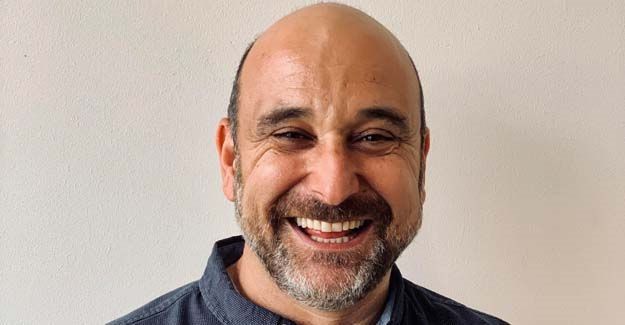
Yet our very challenges also give us a distinct advantage in the global knowledge economy. We may have issues ranging from a complex environment and diverse market to expensive data – and these do need to be addressed. But we also know how to teach at different levels, we have built-in sensitivity to different cultures, value systems, languages and literacy levels, and we’re well accustomed to working with limited resources.
If we can create solutions that work here and battle test them locally, there’s a good chance they will work anywhere. This is in stark contrast to products and services created and tested in high-tech, first-world countries like the US, which may only succeed given a certain limited set of parameters.
To take advantage of this, however, we need a fundamental shift in mindset.
The traditional way of doing things is for the teacher, the expert, to stand up in front of a classroom and share their knowledge. During lockdown, we saw this outdated model transferred online to Zoom, Teams or Google Classroom, and it doesn’t work any better there. What a waste of an opportunity! Why not grab this chance to re-imagine the learning space?
Let’s start by going back to basics and re-examining our desired learning outcomes. In many cases, there’s no longer a need for rote learning – facts and figures are freely available at the touch of a button. Now it’s not about what you know, it’s about how you use what you know.
It then becomes the teacher’s job to guide, motivate and coach youngsters through developing the skills they really need. Skills like problem-solving, creativity, design and strategic thinking, as well as self-awareness, and socio-emotional and communication skills so they can successfully manage themselves and collaborate with others.
Skills like these can be very effectively taught using smartly designed technology that takes a radically different and broader approach to education, including digital learning content, apps and experience-based learning. We need only look at the success of online games like Fortnite to see the potential here. Why not apply that in our education system and, even further, into the corporate education space? For example, an online game or app could give the learner feedback on how they’re doing on foundational skills like decision-making or communication and suggest strategies for greater success in those areas.
Not only does technology help make complex concepts far more accessible, it also dissolves barriers created by language, education and privilege, issues which plague our society. And it dispenses with the need for face-to-face training that is not only expensive, but may not even be possible in the near future due to the pandemic.
Equally importantly, we need to embrace the fourth industrial revolution (4IR) with all its associated technology, like the internet of things, artificial intelligence (AI), augmented reality (AR), 3D printing and advanced wireless technology. If we don’t, we risk falling even further behind the rest of the world, dramatically decreasing our global competitiveness.
Our circumstances and hard-won experience put us in the unique position of being able to deliver a world-class solution that not only works for us at home, but is also flexible enough to adapt to different environments. We can then partner with resellers and distributors, knowing we are well positioned to compete globally, while at the same time empowering our youngsters to create a new and more sustainable global future for our country.